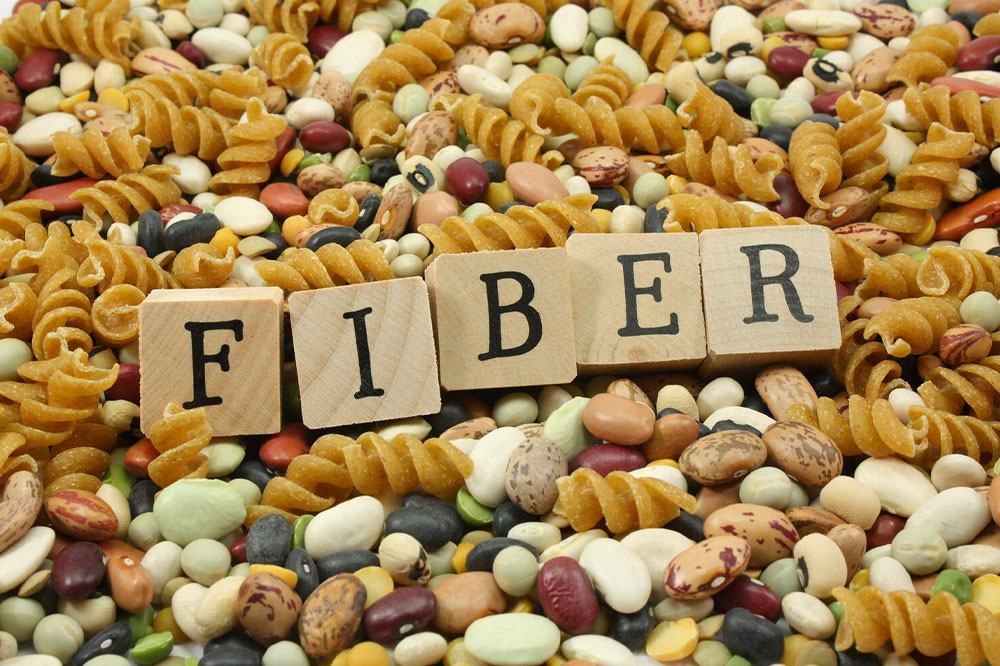Comprehensive Home Remedies and Strategies to Alleviate Cold and Flu Symptoms
Discover comprehensive and natural strategies to relieve cold and flu symptoms at home. Explore effective remedies, lifestyle tips, and when to seek medical help to ensure a smoother recovery from viral infections. Learn how natural ingredients like ginger, honey, and garlic can support your immune system and improve comfort during illness.

Comprehensive Home Remedies and Strategies to Alleviate Cold and Flu Symptoms
Every year, millions of people worldwide suffer from common cold and influenza, leading to discomfort, lost productivity, and a need for effective relief strategies. While there is no cure for these viral infections, understanding how to manage symptoms at home can significantly improve quality of life during illness. Cold and flu symptoms often include sore throat, nasal congestion, cough, headaches, and body aches. Though over-the-counter medications are usually employed to ease symptoms, many individuals seek natural remedies and lifestyle adjustments that can provide additional relief and support immune function.
Understanding Cold and Flu Infections
Colds and the flu are caused by different strains of viruses, primarily rhinoviruses for colds and influenza viruses for the flu. Both illnesses are contagious and spread via respiratory droplets from coughs, sneezes, or contact with contaminated surfaces. Given their viral nature, antibiotics are ineffective unless a secondary bacterial infection develops. Therefore, treatment mainly focuses on relieving symptoms and supporting the body's natural immune response to combat the viruses.
Effective Medical and Symptomatic Treatments
While combating viral infections entirely at home is challenging, symptom management plays a crucial role. Here are some of the most effective home-based remedies and medical approaches to manage cold and flu symptoms:
Use of Pain Relievers and Fever Reducers
Non-steroidal anti-inflammatory drugs (NSAIDs) like ibuprofen or acetaminophen can reduce fever, headaches, sore throat, and muscle aches. It’s important to follow dosage guidelines, especially for children and teenagers, to avoid adverse reactions. Consulting a healthcare professional before administering medication is advisable, particularly in vulnerable populations.
Nasal Decongestants and Sprays
Decongestant nasal sprays or drops can temporarily relieve nasal congestion, making breathing easier. However, these should be used for no more than five days to prevent rebound congestion. Children under age six should avoid these products unless directed by a doctor.
Cough Suppressants and Expectorants
Cough medicines may provide relief from persistent coughing, but their use in young children should be approached with caution. Regulatory agencies such as the FDA recommend avoiding cough suppressants in children under four years old, and parents should always consult healthcare providers before use.
Natural Home Remedies to Ease Cold and Flu Symptoms
In addition to traditional medications, several natural remedies are known for their soothing effects on cold and flu symptoms. Incorporating these into daily routines can enhance comfort and potentially support immune health:
Ginger
Ginger has been used for centuries as a medicinal root due to its anti-inflammatory and antioxidant properties. Drinking ginger tea made from fresh slices can soothe sore throats, reduce coughing, and alleviate nausea often associated with the flu. Some studies suggest that ginger can boost the immune system by stimulating circulation and promoting sweating, which can help in detoxification.
Honey
Honey is well-recognized for its antimicrobial and soothing qualities. It can reduce coughing and soothe sore throats when added to warm tea or lemon water. Clinical evidence indicates that consuming honey before bedtime may decrease cough severity in children and improve sleep quality, making it a natural alternative to chemical cough syrups.
Garlic
The allicin compound in garlic has potent antimicrobial effects, making it a popular natural remedy for infections. Including raw or cooked garlic in meals can help reinforce the immune system. Some users opt for garlic supplements, which may provide a concentrated dose of its health-promoting properties. Regular consumption might not only lessen cold and flu symptoms but also improve overall immune resilience over time.
Additional Lifestyle Tips to Support Recovery
Beyond medications and natural remedies, certain lifestyle habits can support faster recovery and prevent further illness:
Proper Rest and Hydration
Getting sufficient sleep allows the immune system to function optimally. Staying well-hydrated by drinking plenty of water, herbal teas, and broths helps loosen mucus, soothe inflamed tissues, and supports detoxification processes.
Healthy Diet
Consuming nutrient-dense foods rich in vitamins C and D, zinc, and antioxidants can bolster immune function. Fresh fruits, vegetables, nuts, and lean proteins provide essential nutrients needed during illness.
Good Hygiene Practices
Regular hand washing with soap, avoiding close contact with infected individuals, and disinfecting commonly touched surfaces reduce the risk of virus transmission and aid in preventing reinfection.
Humidification
Using a humidifier adds moisture to the air, relieving nasal congestion and soothing inflamed respiratory tissues. This is especially beneficial in dry environments or during winter months when indoor heating can dry out mucous membranes.
When to Seek Medical Attention
Most cold and flu cases resolve within a week or two with proper home care. However, some symptoms warrant prompt medical attention:
High fever that persists beyond three days
Shortness of breath or chest pain
Severe or worsening symptoms, including dehydration, confusion, or persistent vomiting
Immunocompromised individuals or those with chronic health conditions
In such cases, consulting a healthcare professional ensures appropriate diagnosis and treatment, including the possibility of antiviral medications if diagnosed early.
In conclusion, although there is no magic cure for cold and flu, a combination of appropriate medication, natural remedies, and healthy lifestyle choices can significantly alleviate symptoms, support immune health, and lead to a smoother, more comfortable recovery process. Knowledge and proactive care are the best tools to navigate these common illnesses effectively at home.




